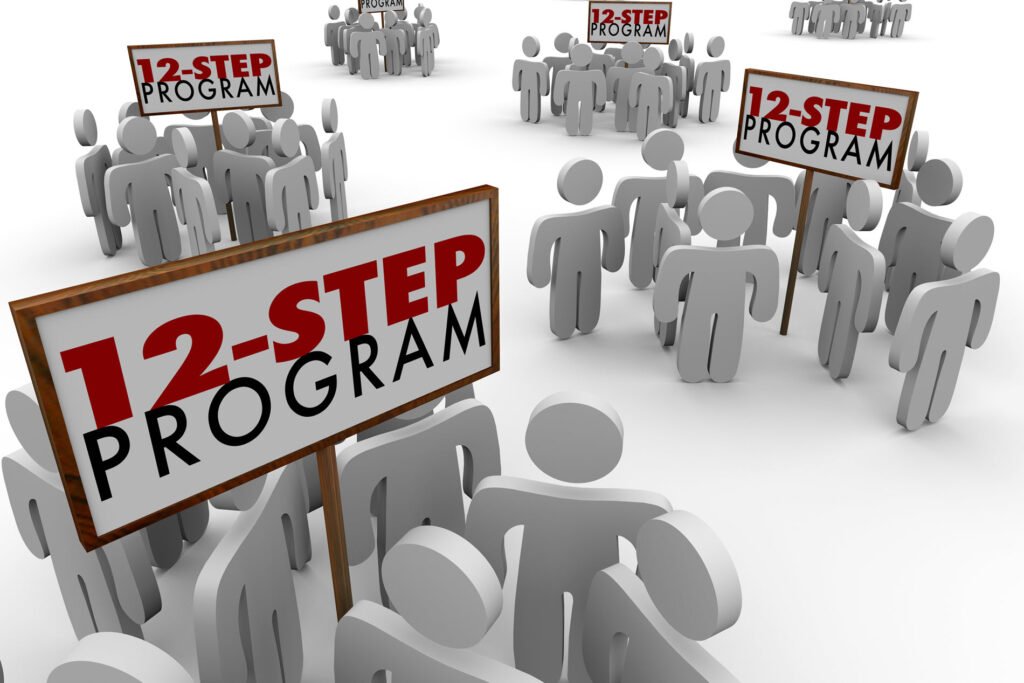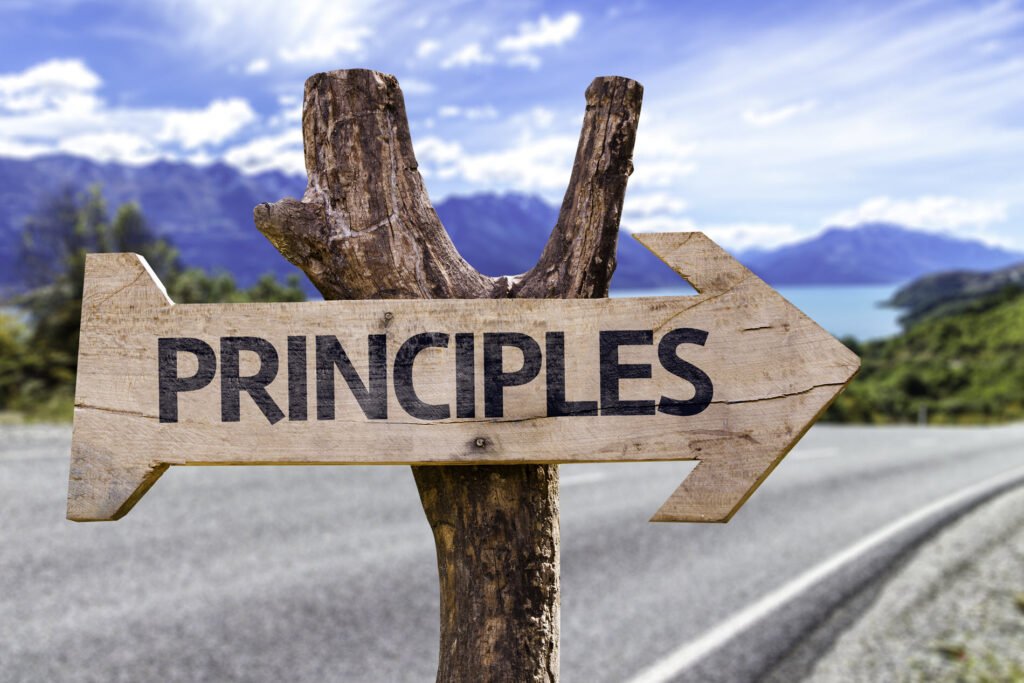How to Find Alcoholics Anonymous Meetings Near You
There are Alcoholics Anonymous meetings all around the world. Just about every country has chapters, and most big cities have multiple meetings every day. Meetings types vary. Some are open to the public, while others are closed and designed to protect anonymity. There are meetings designed exclusively for men or women and co-ed meetings as well. Therefore, every member of the fellowship should be able to find the right arrangement for them.
Regional Service Centers
Many cities and counties have service centers dedicated to local AA chapters. Many of them operate hotlines, sometimes 24-hour ones, which you can contact to find a meeting nearby.
Volunteer members of the fellowship answer the hotlines and are eager to help newcomers. They will tell you which meetings are currently available and open. They can also help newcomers find an individual to meet with them and prepare them for the first meeting.
Local AA directories list all of the meetings in their areas. However, the guides are often closed to non-members.
How to Find Alcoholics Anonymous Meetings Near You Read More »










